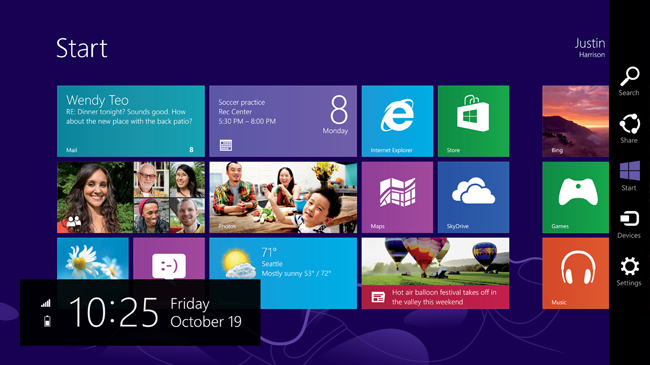
“Trust me, baby, I can change. I swear I’ll be better to you. I’ll work faster and more efficiently. I’ll even look better.” Are these the empty promises of a significant other or is this your operating system talking? If you’re a Windows 8 or Windows RT user, you’re likely hoping it’s your computer talking.
If you’re regretting switching to Windows 8 or Windows RT, help is coming. Just hang in there for a few more weeks. According to Mary Jo Foley at ZDNet, updates are coming as soon as this month to many of the less than ideal core apps, such as Windows Mail, Calendar, Music and Games, present in Windows 8. Her source indicates that these updates are coming in advance of “Blue,” Microsoft’s previously announced plan to update its products on a regular basis, which is slated to launch this summer for Windows 8 and Windows RT.
Microsoft is aware that users aren’t wowed by many of the core apps built into Windows 8 and acknowledges that there is room for improvement, particularly with the Mail and Music apps. The company did release a small update to its Xbox Music app, but not much else has been updated since Windows 8 was released formally released to the public at the end of October 2012.
Though there’s no indication of what updates will be made to these apps, it is known that Microsoft employees are currently using and testing the updated apps. Hopefully, they’ll work out the kinks and frustrations before users have a chance to discover them.
Assuming ZDnet’s source is correct, updates will come before then end of March and be pushed to users through the Windows Store. What updates would you like to see to Windows 8? Let us know in the comments.
Editors' Recommendations
- The latest Windows update is breaking VPN connections
- You’re going to hate the latest change to Windows 11
- Windows 11 tips and tricks: 8 hidden settings you need to try
- How to find your computer specs on Windows 11
- The Surface Pro 10 sounds amazing, and it may be coming soon


